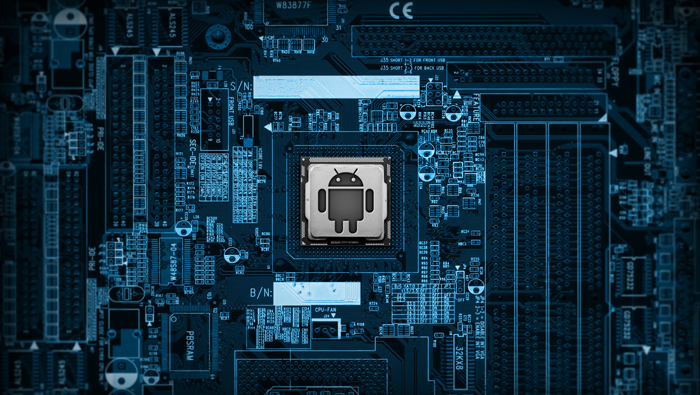
Last November when Nokia formally announced its closure, the Nokia CEO broke down to tears at the press conference saying, “We didn’t do anything wrong, but somehow, we lost.” The entire staff followed suite and a crying session ensued.
The Finnish mobile phone giant met its doom at the hands of the green devil, which has wrecked many a Titanic in the smartphone sea — Android; the revolutionary mobile operating platform which shaped the smartphone world as we see it today, with a user interface mainly based on direct manipulation, using touch gestures such as swiping, tapping and pinching, to manipulate on-screen objects.
The open source nature of the Google developed OS makes it highly customisable and to be adapted by devices originally coming with other operating systems, which has made Android the bestselling and most dominant mobile OS.
Nokia acted stubborn: True, its smartphones had the excellent hardware, the best camera and internet support, but the thorn in the throat was its Symbian operating system (OS) which was never a match for Android. Though it tried to run its phones parallelly on the Microsoft Windows OS, it never seemed willing to accept Android.
No matter how much it tweaked and re-tweaked the Symbian OS to make it more interactive, it could never stand up to Android; ultimately leading to Nokia’s demise. Samsung used Symbian too, and later on, its own OS BADA, but it was quick to adapt to the change, switching to Android well in time.
The only mobile platform that has stood well against Android is the Apple’s own iOS — with an almost similar user interface, but way better security. If Android created ripples with its customisation and a world of apps and widgets, Apple makes a point with quality in simplicity.
The open nature of Android also makes it prone to virus attacks, technical errors, and security vulnerabilities. While the iOS may not feel that peppy to use, it has won countless hearts the world over with its rock solid glitch free and highly secure interface.
While Android may boast of a new widget or customising feature every other day, it does not seem that concerned about security updates. Android updates generally take months to arrive on all the devices. After an Android device is 18 months old, you may need to wait for a new Android smartphone to get the latest software.
In contrast, Apple delivers iPhone updates to devices that are three years old. The generations old iPhone 4s still receives active support from Apple, currently running on iOS 9 support. On top of that, the Apple OS updates are instantly available. It is this infallibility of Apple devices that makes its fans say ‘It can’t go wrong, because it is an Apple”.
Following the idiom ‘better late than never’, another former smartphone mogul Blackberry has returned a prodigal son to Android. Once used to sitting on the most sophisticated palms, with none other than US President Barrack Obama being its poster boy, the brand these days even doesn’t find a proper place in the display windows, stowed behind all those devices flaunting the green humanoid logo.
While the first Android Blackberry phone, the Priv already debuted last year, BlackBerry CEO John Chen has confirmed the brand would be launching two new Android-based smartphones in 2016.
BlackBerry’s USP was the hardened enterprise-grade software with encryption that caused such panic in many countries that they even mulled over banning the brand for security reasons. Building up on that, BlackBerry combined the security and privacy features with Android, with its inaugural Priv, to make a better statement than the most.
Overconfidence did Nokia in. It refused to give in to the change, and time trampled it in return. Change is the only constant, and Nokia failed to take heed, and adamantly kept sticking to its outdated OS. Rest is history.
There are examples to take lead from. Ferrari used to mock smaller capacity turbo installed engines used by Porsche; Apple ridiculed bigger 5 plus inch smartphone screens; Ducati was too proud to accept the superiority of the wet clutch developed by the Japanese over their dry ones.
The trio are kings of their realms, just as Nokia used to be once. Still when time demanded they bowed down. Today they extensively utilise the very same technology they rejected earlier. And they survive and thrive.
Android is a storm that destroyed all that came in its way. Either you go with it, or against it. Out in this jungle too, only the fittest shall survive. Dear Nokia, you had your glory, now rest in peace. Here’s wishing all the success to you Blackberry.